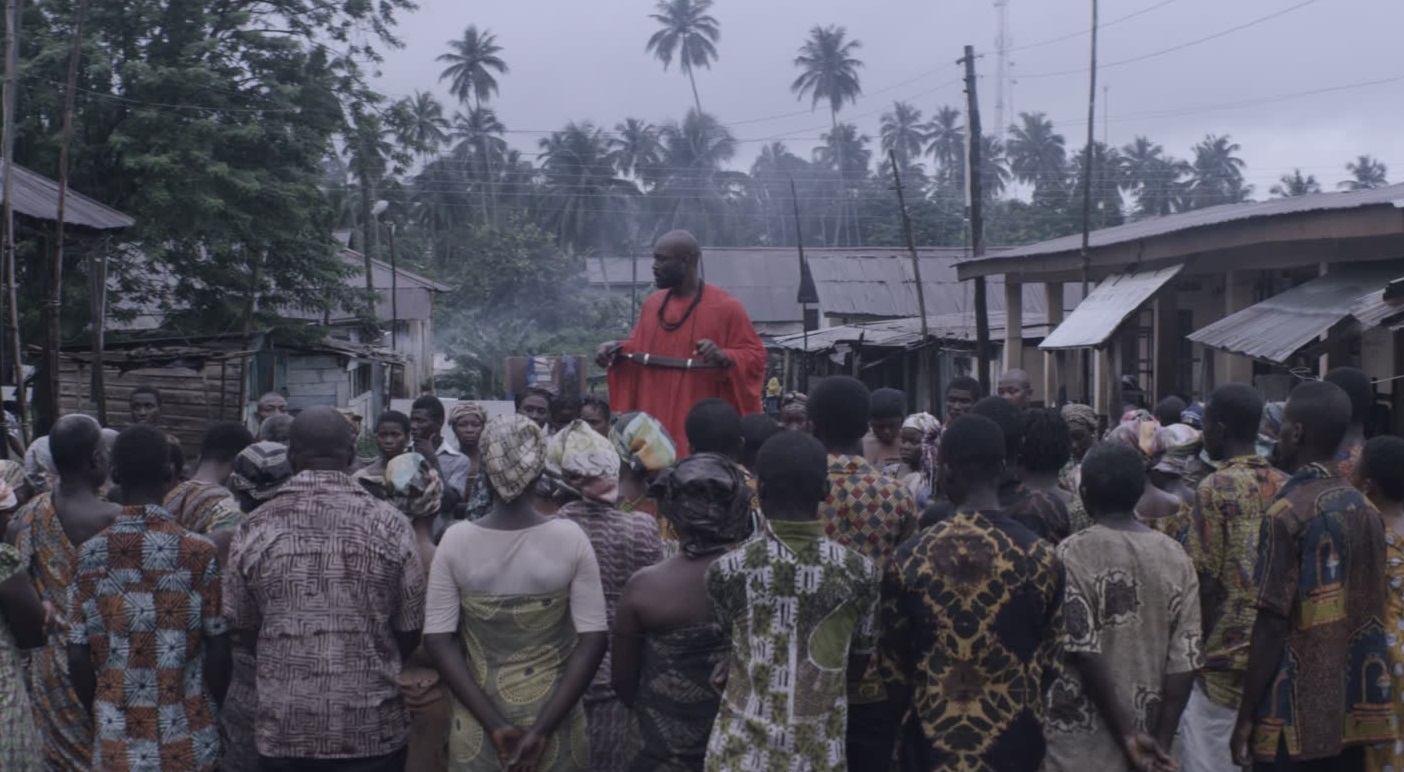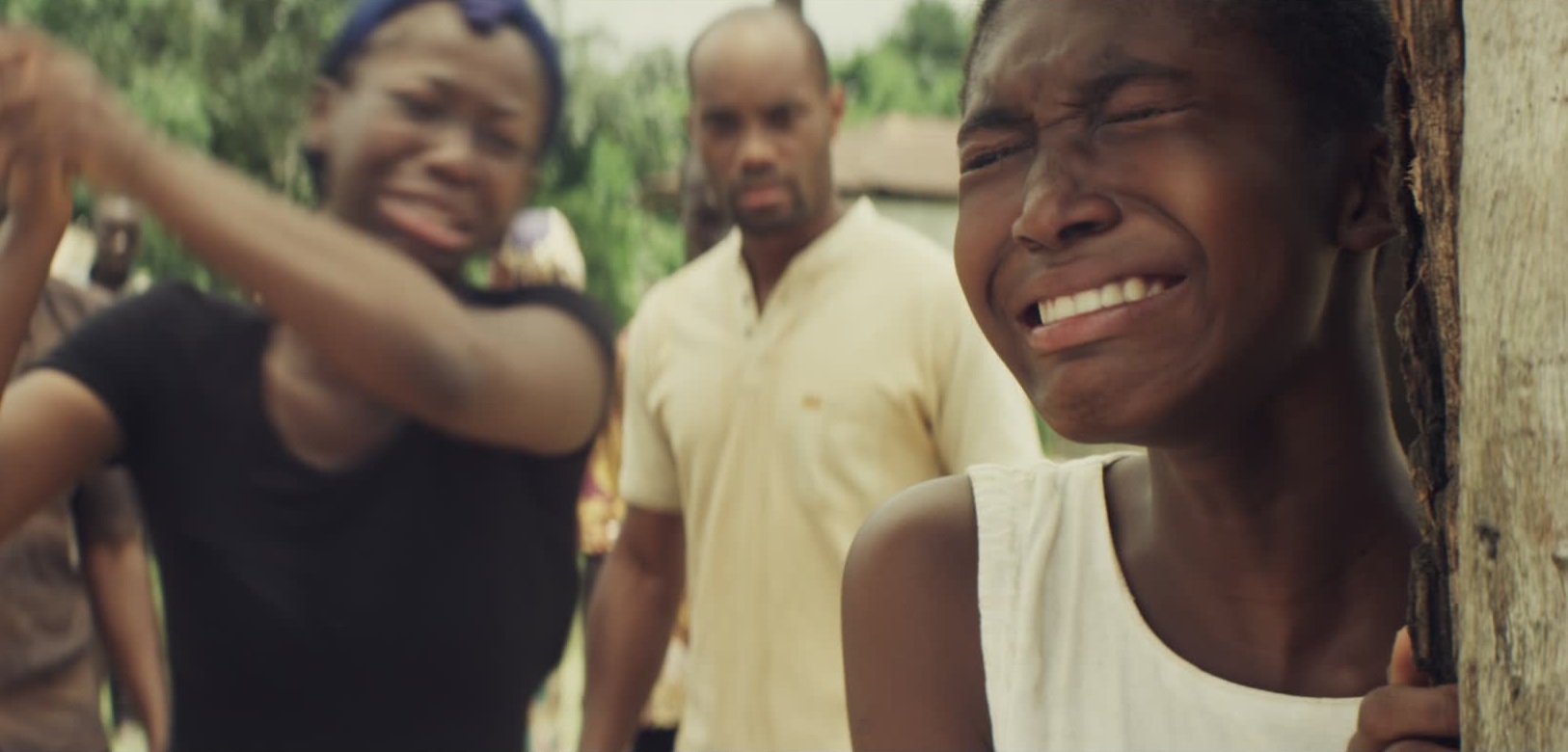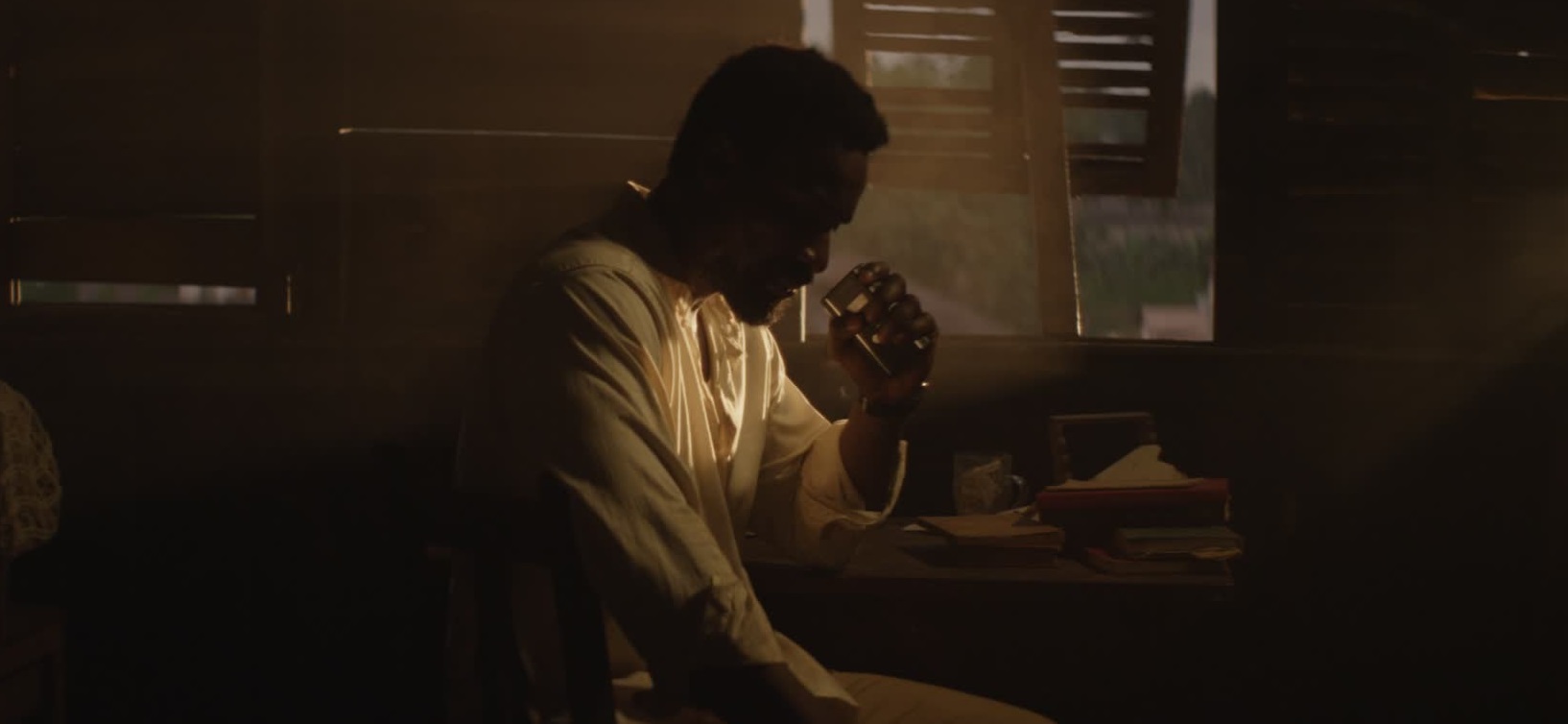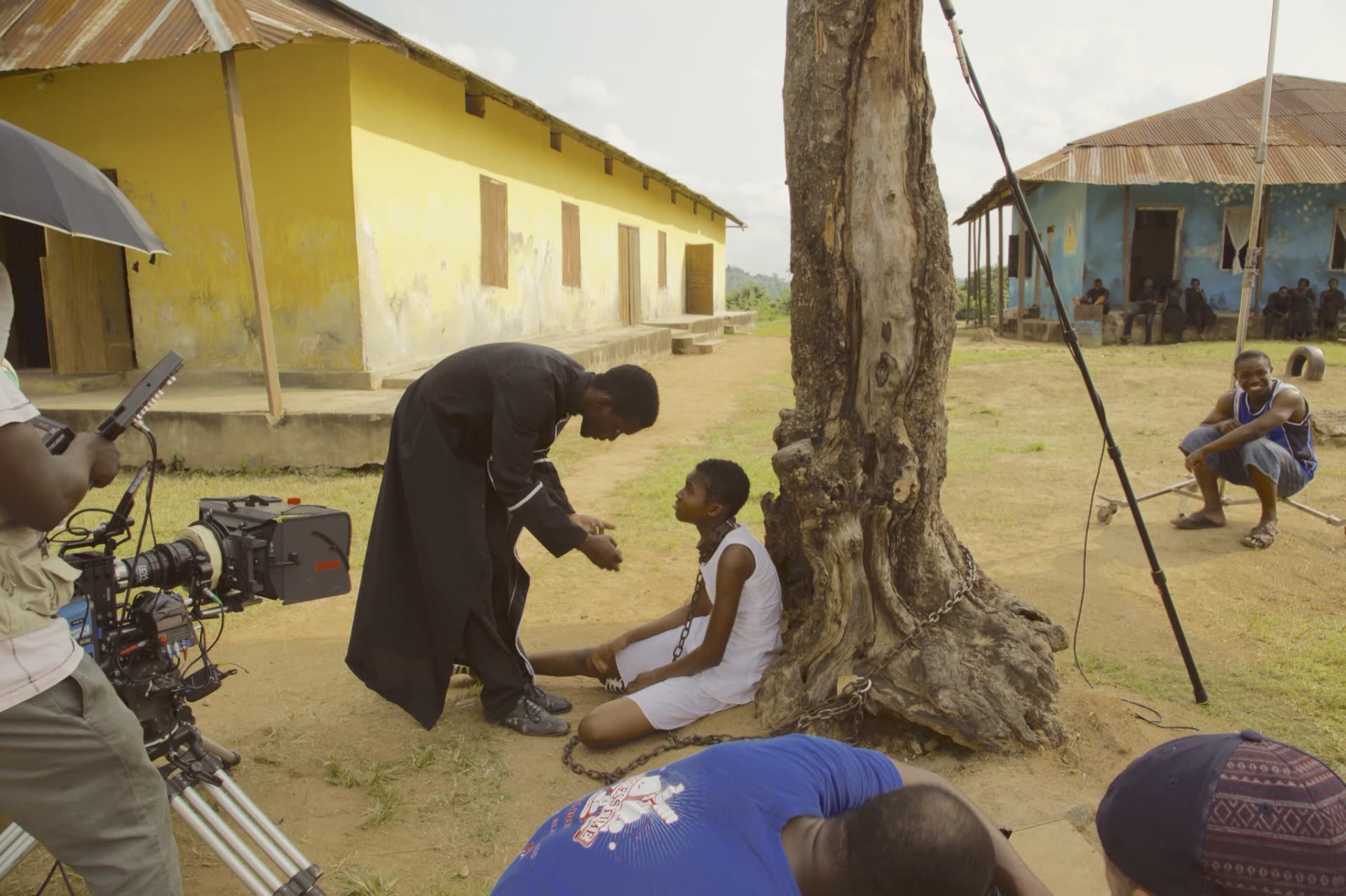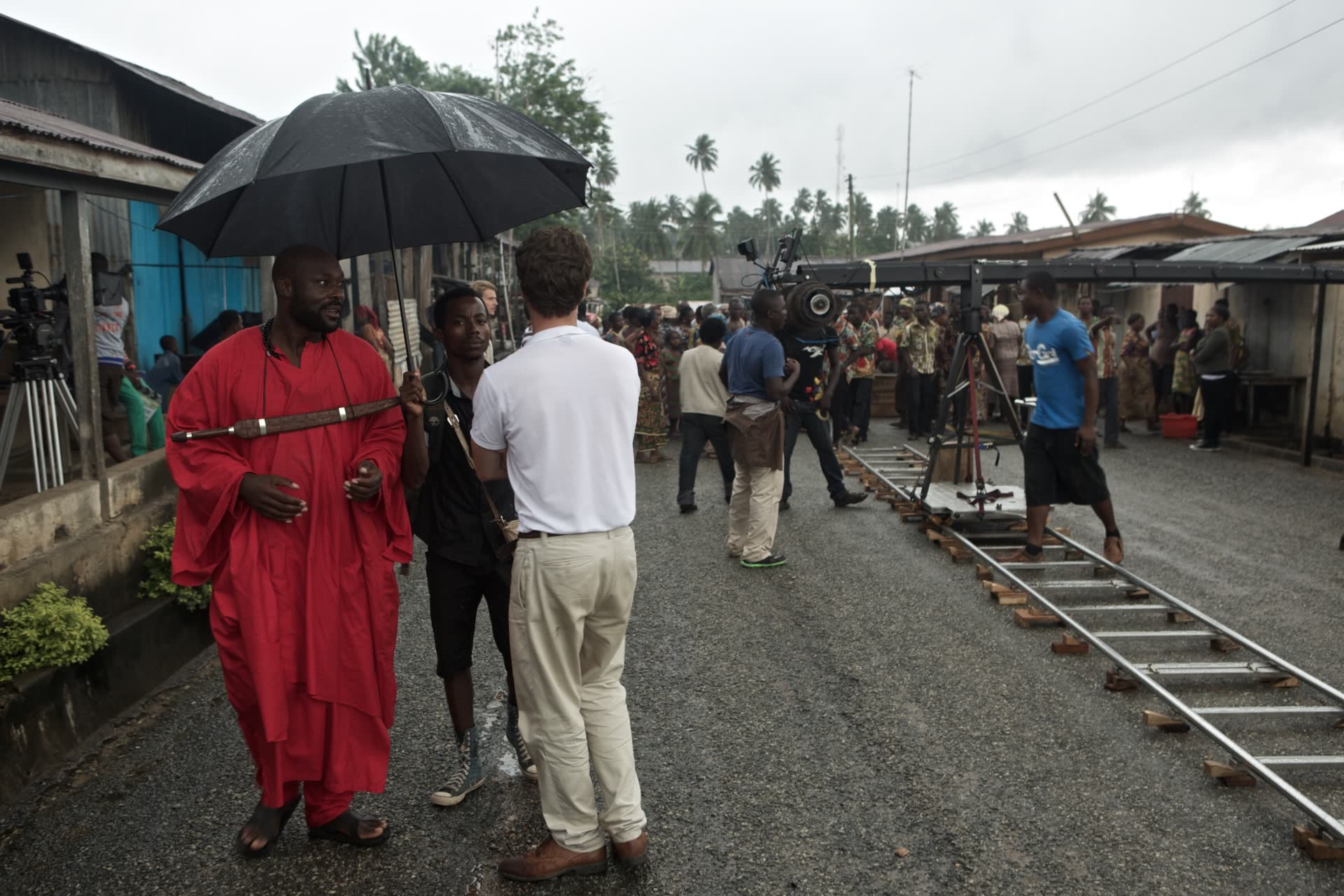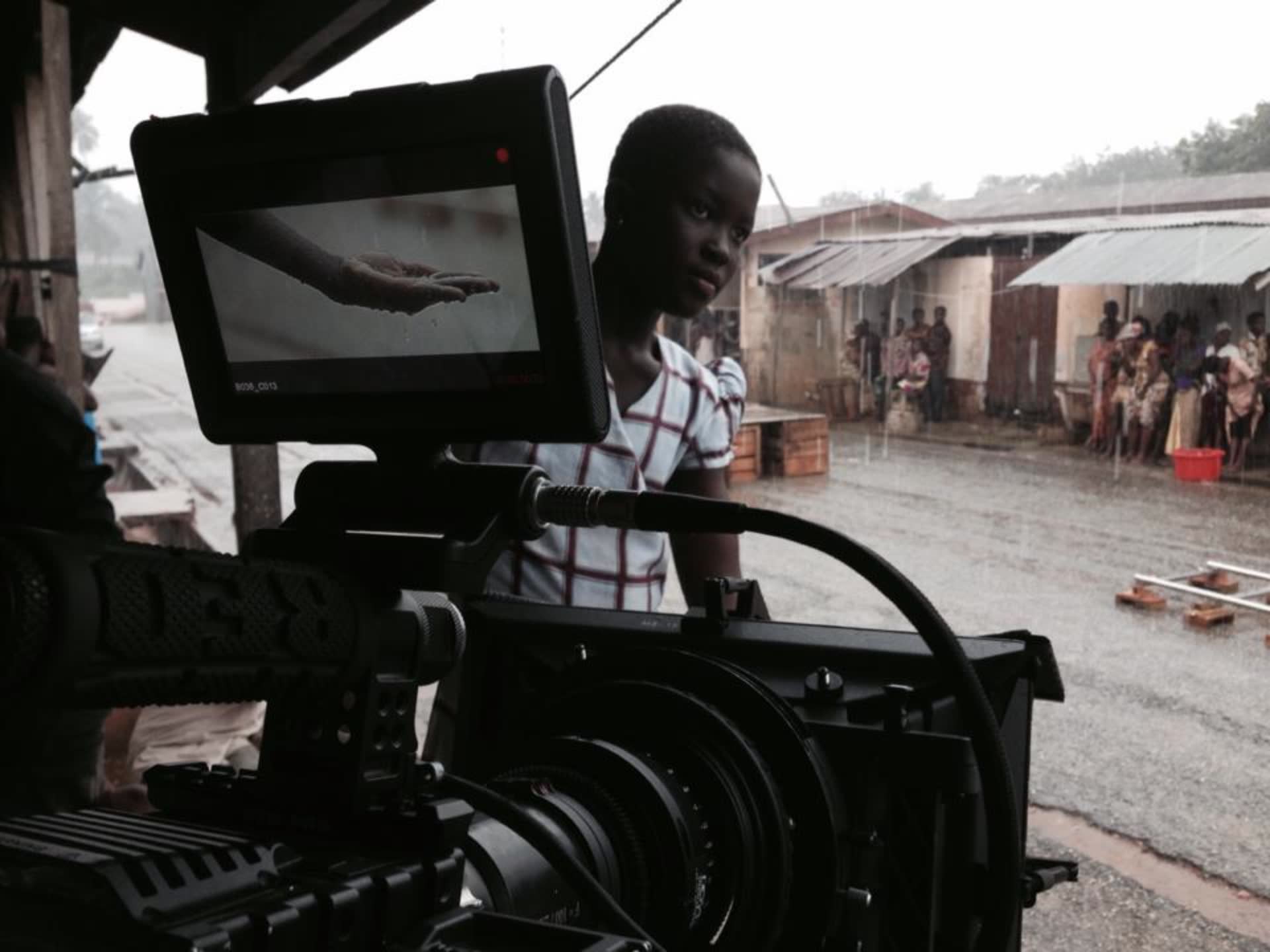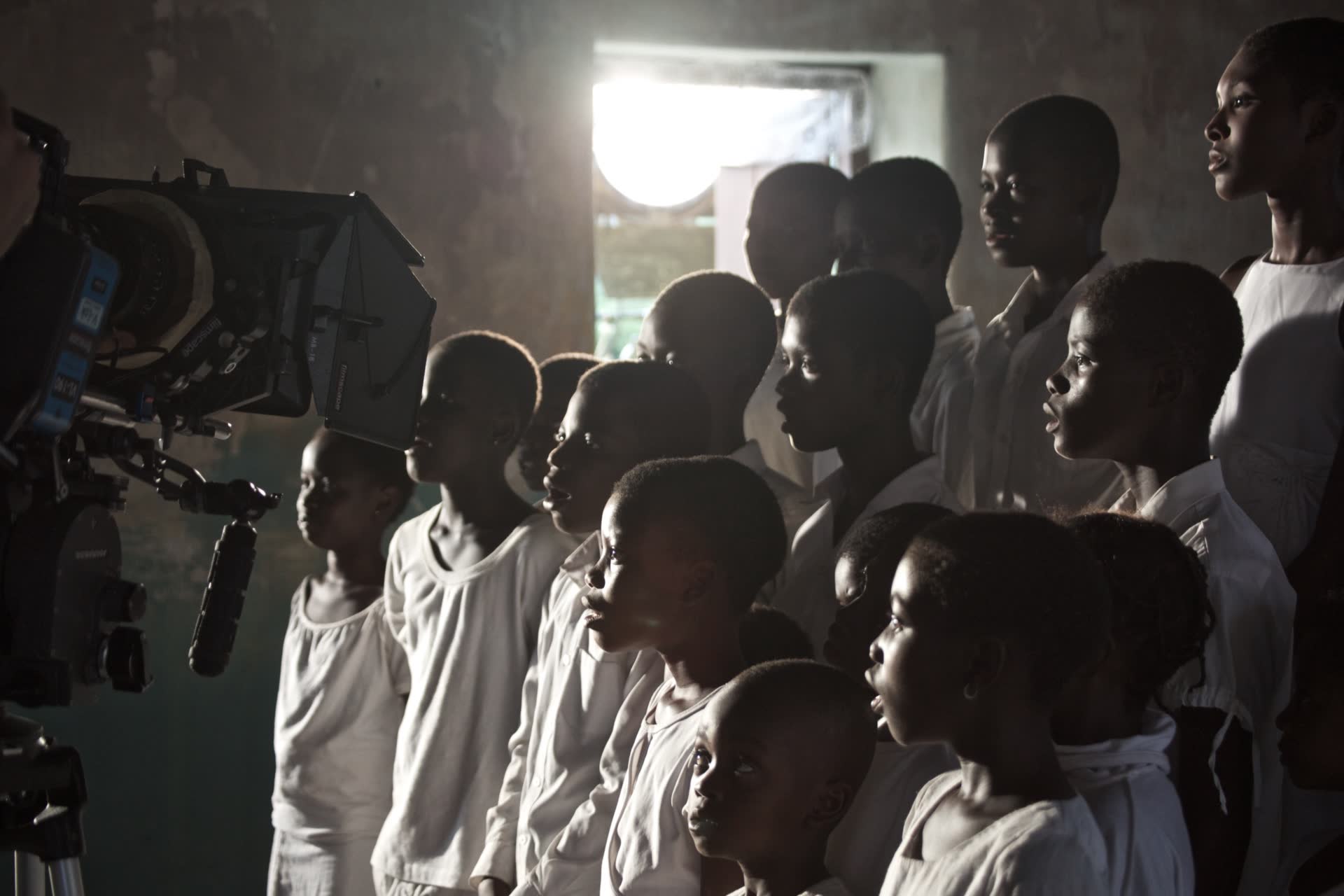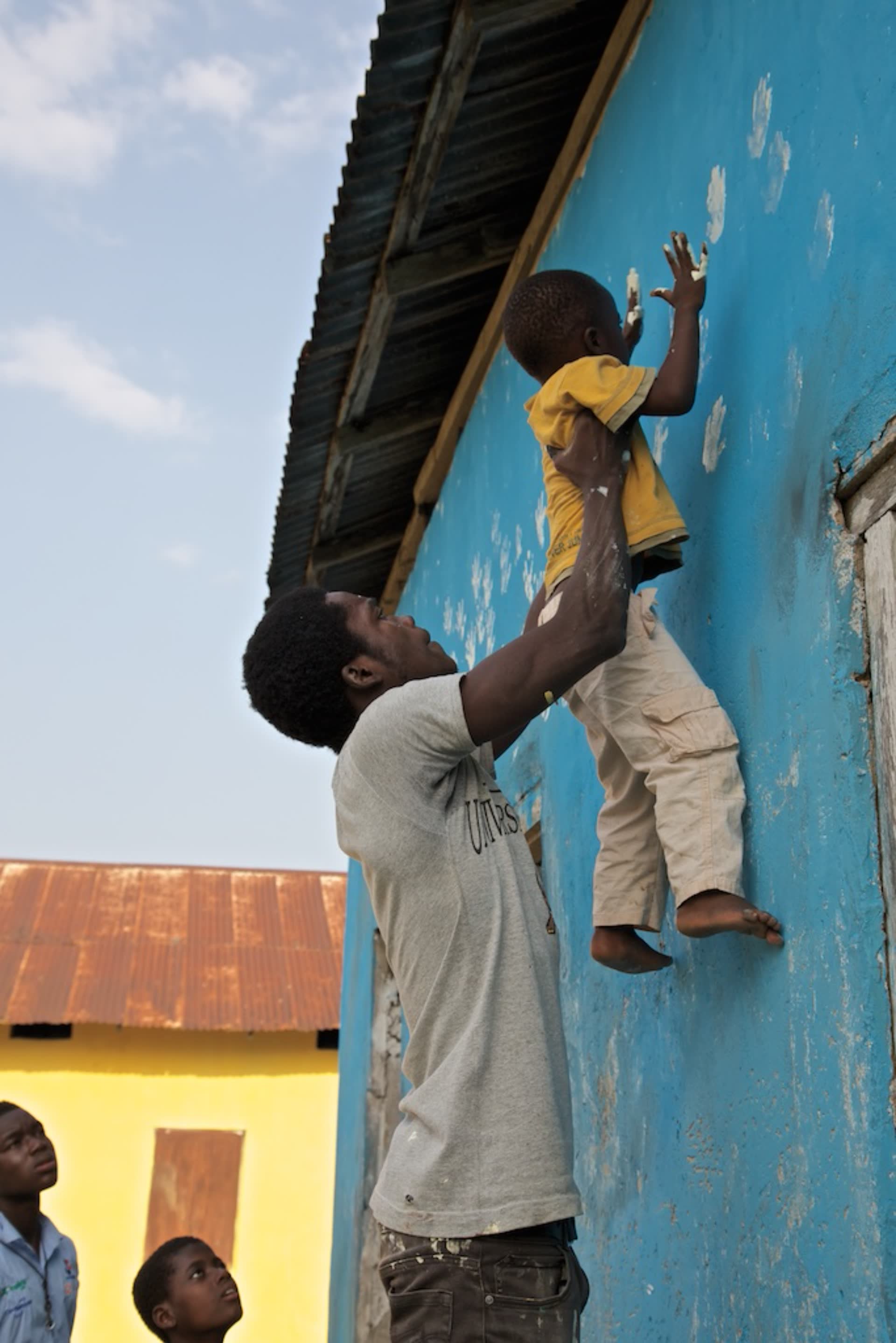The Cursed Ones (2015) is a new British film by Ghanaian director Nana Obiri Yeboah and starring Oris Erhuero. Its world premiere will take place on November 6 as part of the Royal Africa Society’s film festival in London. It’s a heart-pounding film which asks powerful questions about culture, tradition and the most vulnerable in society.
Reports from the United Nations and Unicef show that cases of violence and abuse due to witchcraft are on the rise in Africa.
‘In sub‐Saharan Africa, the number of children who suffer from abuse, exclusion, stigmatization and physical violence (sometimes fatal) as a result of beliefs in witchcraft, the magical power of twins or people with albinism, is increasing each year.’ Unicef report, 2010
‘The abuse of children accused of witchcraft is common in countries that have suffered years of conflict where traditional social structures have disappeared and where child soldiers have often emerged as a threat. And in countries where sudden deaths from diseases like AIDS are common, where there are few if any prospects of a better life, and where revivalist churches confirm signs of witchcraft, children are often accused of supernatural powers and persecuted.’ UNHCR report, 2009
I sat down with the director and main actor of The Cursed Ones. What was intended to be an exploration of the film turned into a powerful discussion about their mission to change the face of African cinema and broaden developing narratives on the continent.
Without giving too much away The Cursed Ones is set in West Africa and inspired by the 2008 film-documentary Saving Africa’s Witch Children. The film itself was created from a place of compassion, highlighting the danger that arises when religious fervour is combined with old and persistent beliefs. Yet, as Nana and Oris stressed, the film is about much more than questionable traditional beliefs.
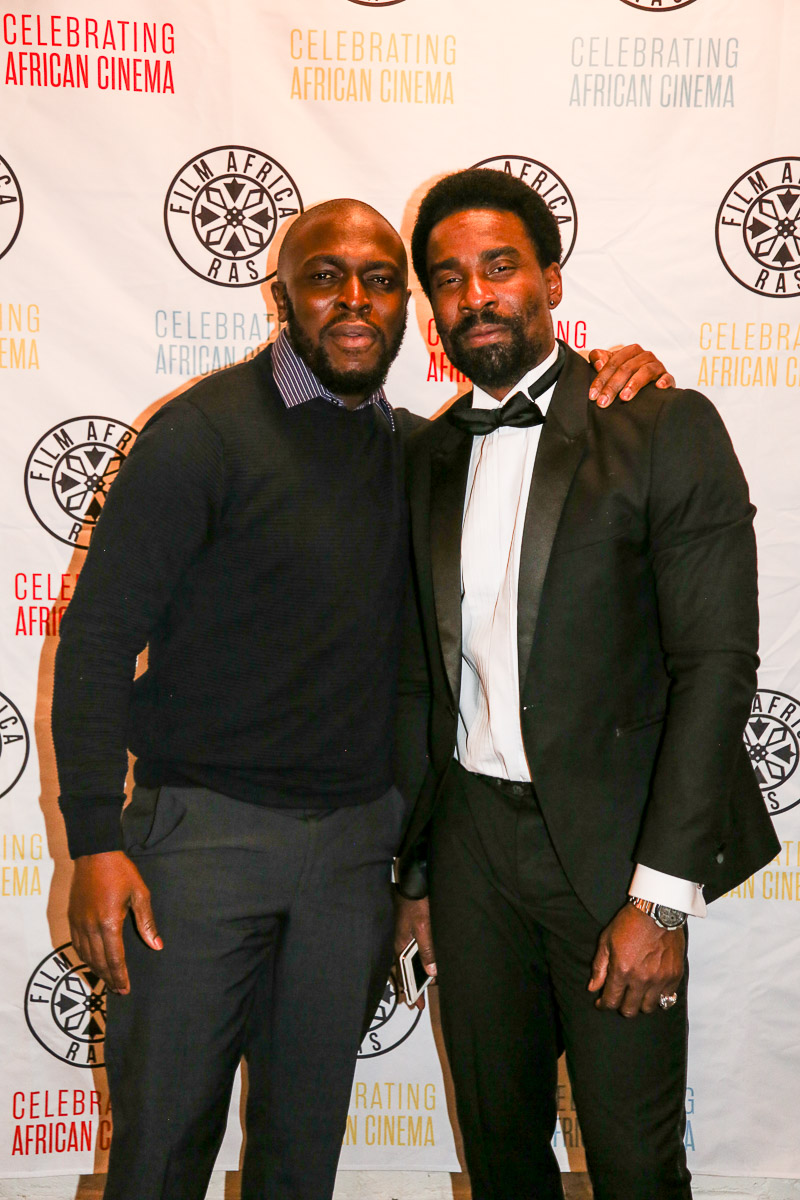
Precious Oyelade: You are both of West African origin. Was there something in particular about this story that drew you to work on the piece?
Nana: Syncretism is what drew me to this film. People would listen to faith but it’s not just about faith. It has so many things coming together… we did have our own traditional beliefs. Christian beliefs mixed with traditional beliefs and also when talking about urbanisation and fragmentation of communities it all comes together to bring this thing out… It’s not just faith and that’s what drew me to this.
Oris: And the fact that we as human beings need to take responsibility for our actions. We need to stop blaming situations or circumstances. One thing that I think is very important and that I like about this film is that it doesn’t pick on any religion. It’s picking on human beings, using their responsibilities to alter the fate of people who are helpless. The winning element is innocence; you’re dealing with a child; you’re dealing with a village that’s away from the city.
The film was shot in Ghana but it is set ‘somewhere in West Africa’. What was the reason for this?
Nana: We wanted people to know that this is not just a problem for one particular country. It’s a problem for West Africa and sub-Saharan Africa; that’s where this problem is really prevalent. And it’s not just that, we’ve seen this problem actually coming into the UK, which is becoming really alarming, meaning that the world cannot just turn their backs on it; they really need to do something about it.
What would you say to the critics who argue that there needs to be less association between Africa, the occult and witchcraft in film today?
Nana: It’s not that kind of Nigerian occult film… We want to tell people that children are not witches. We need films that actually portray us.
Oris: This movie is so indigenous and it hurts because there are people outside cherishing it and they are not our people and that hurts. Where we’re going is pivotal. We’re about to alter the course of history in African filmmaking. It’s going to be very treacherous but we have the skin for it, simply because it’s a lot easier now to make films and our generation, thanks to Facebook country, is part of a country where you don’t need a visa to enter it.
Nana has brought the audience in where they will be like ‘woah, there is a problem here’. We have a responsibility; we may not be not politicians; we’re not preachers… we’re filmmakers.
Despite what some may think, The Cursed Ones comments on but does not attack a community. It seeks to highlight the victimisation and abuse of innocent children, as well as to showcase a narrative that remains highly pertinent to West African culture. While some may view such narratives as presenting this culture as backward, Nana and Oris make it clear that this is an issue that does exist, which needs to be acknowledged and more importantly, addressed.
The Cursed Ones will premiere at 18:30 on November 6 at Hackney Picturehouse, London.
Find out more about The Cursed Ones

